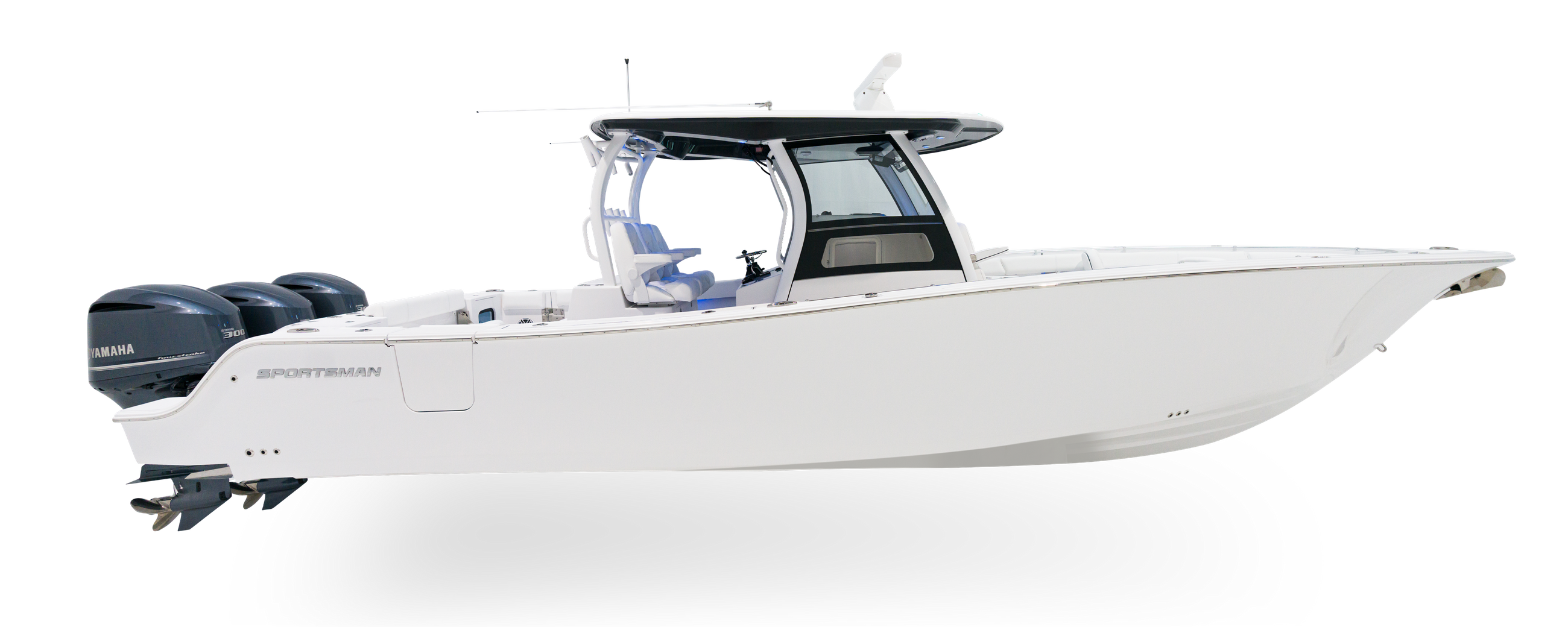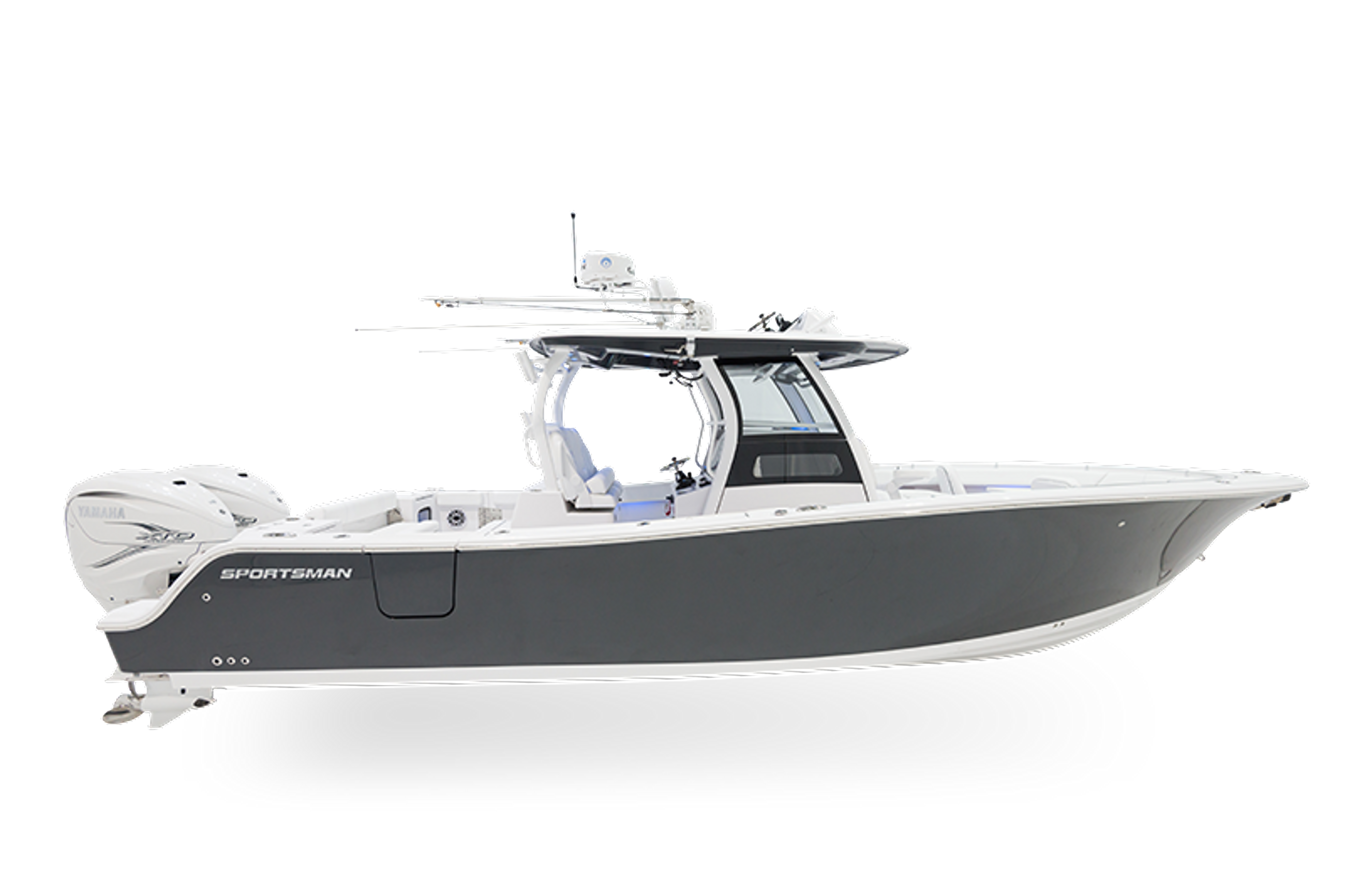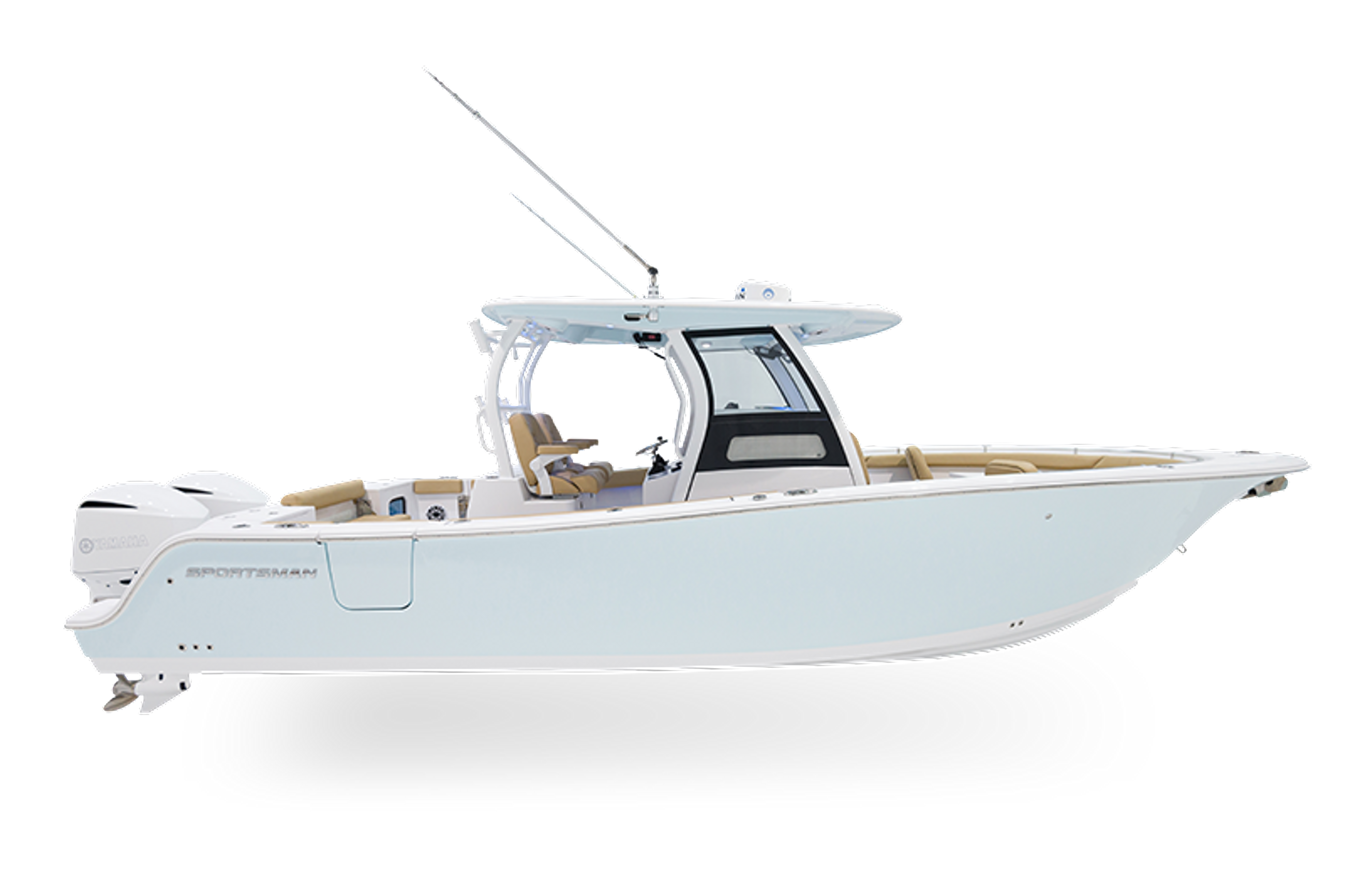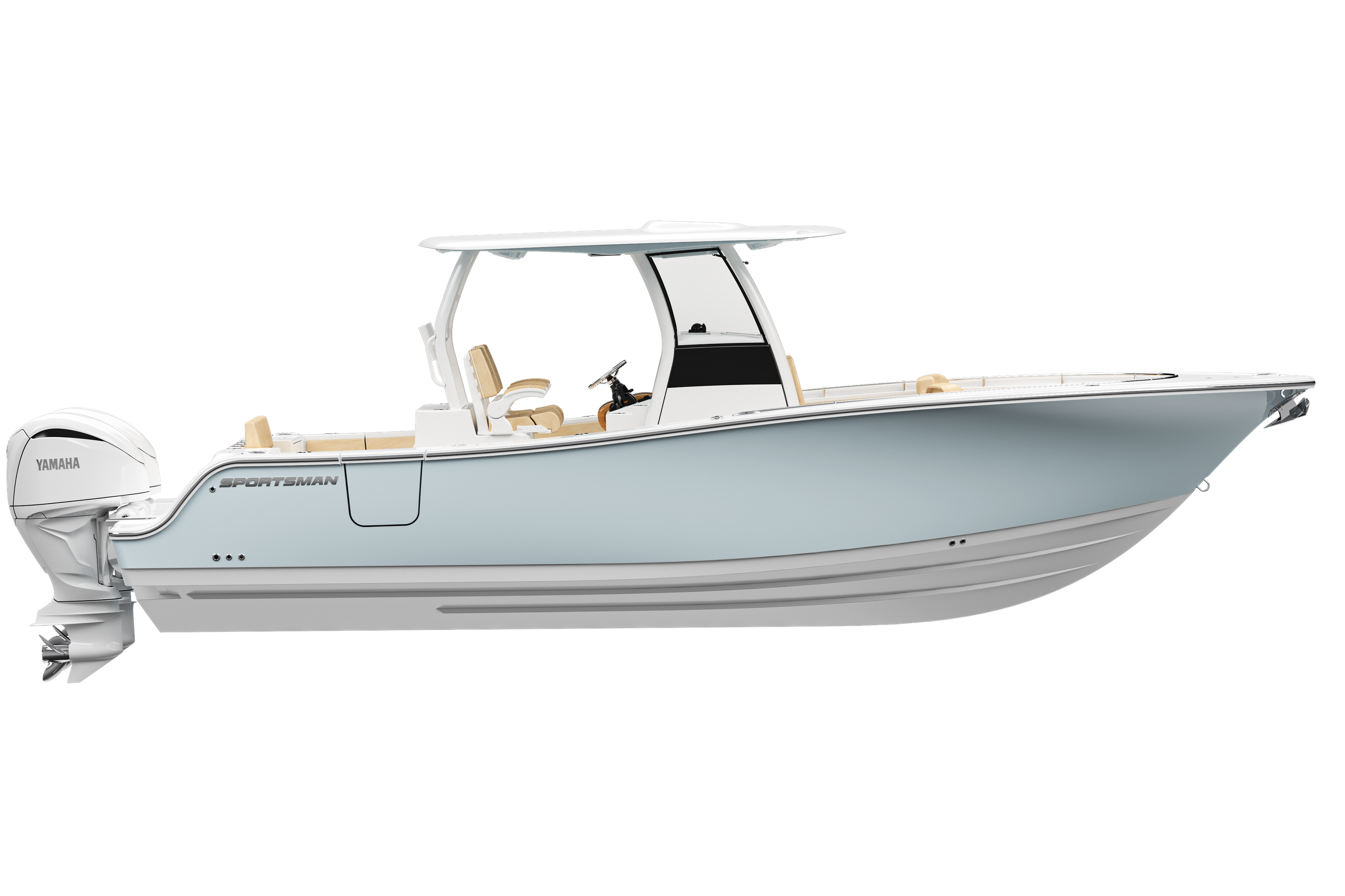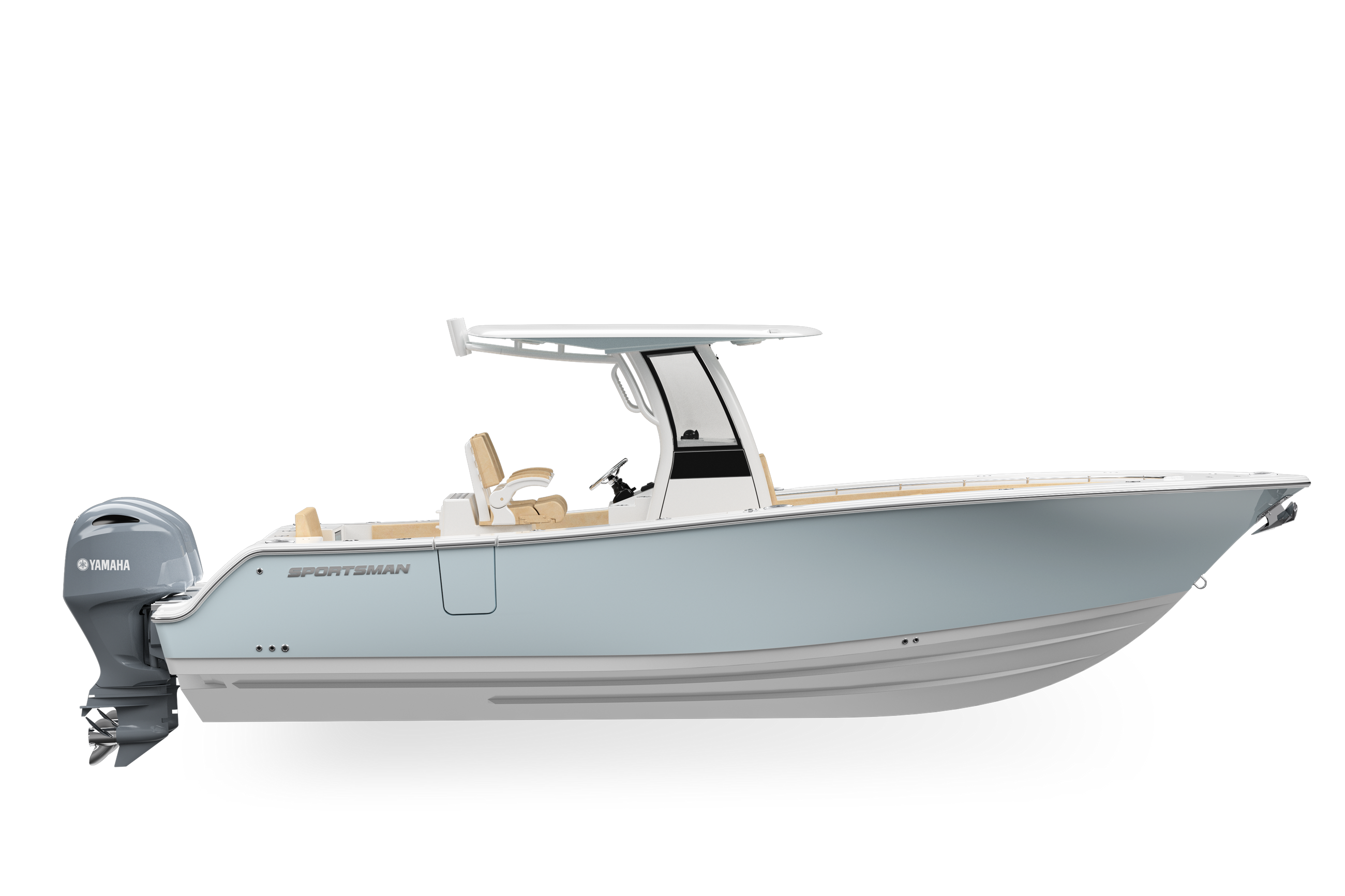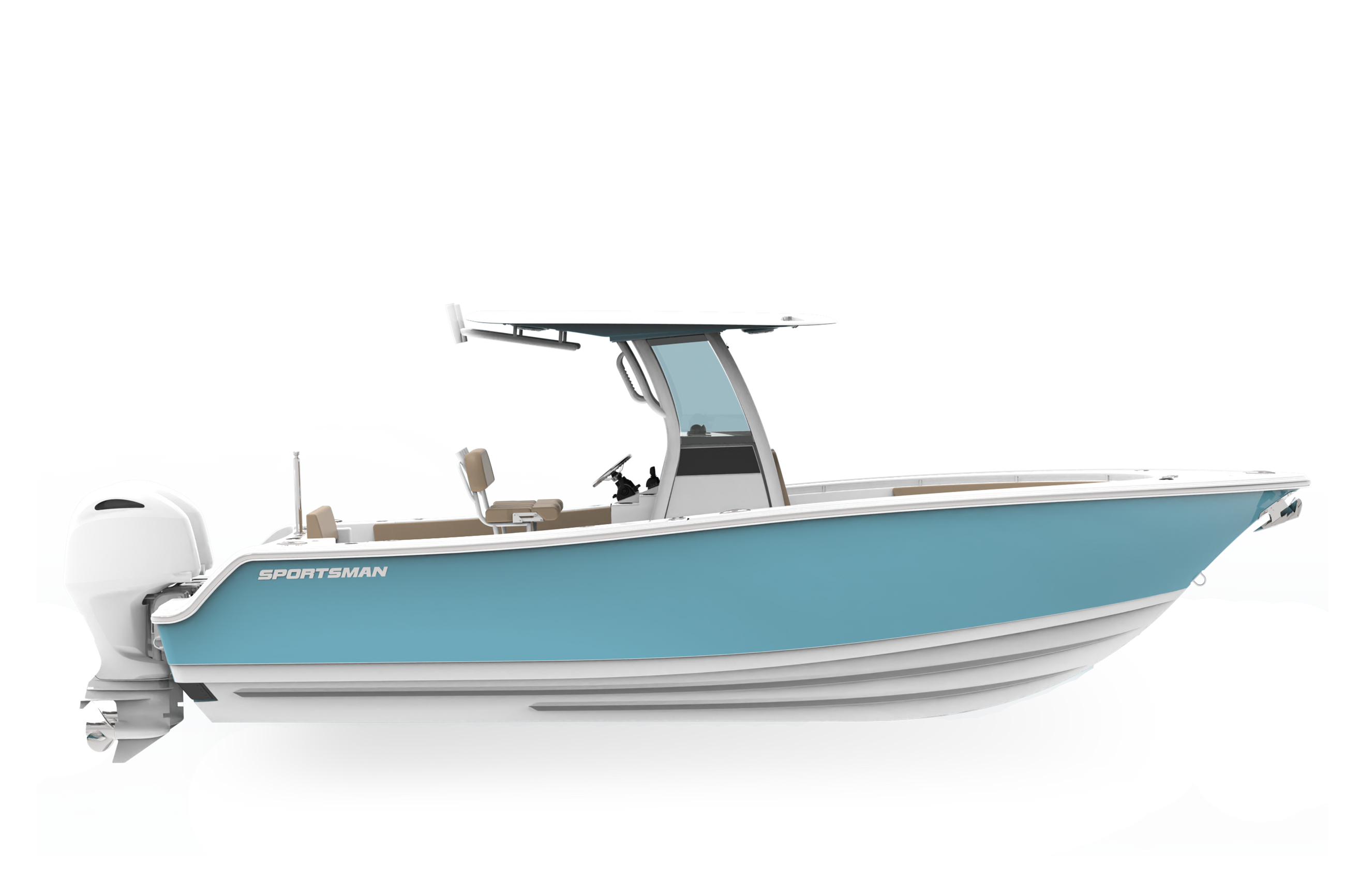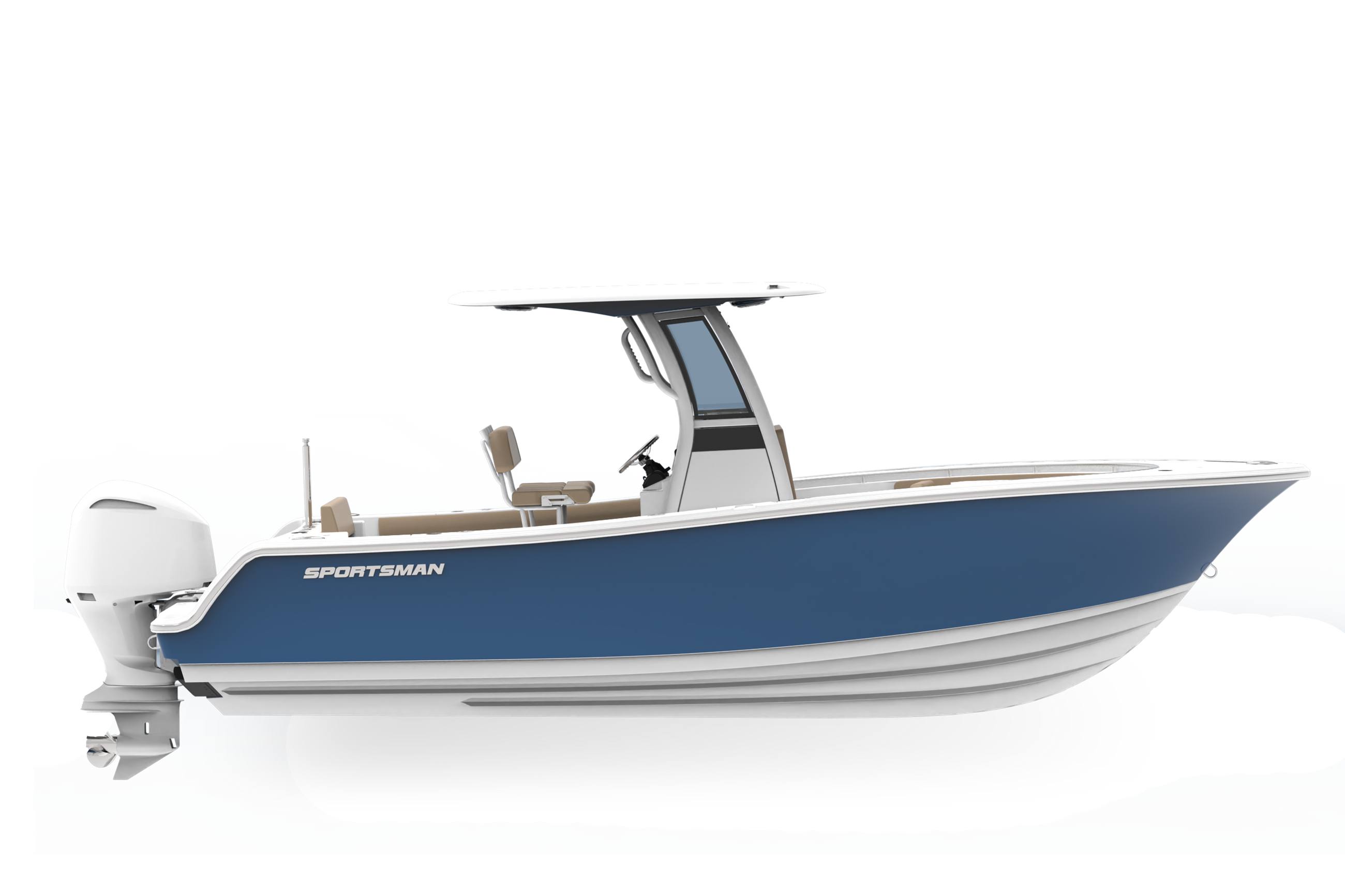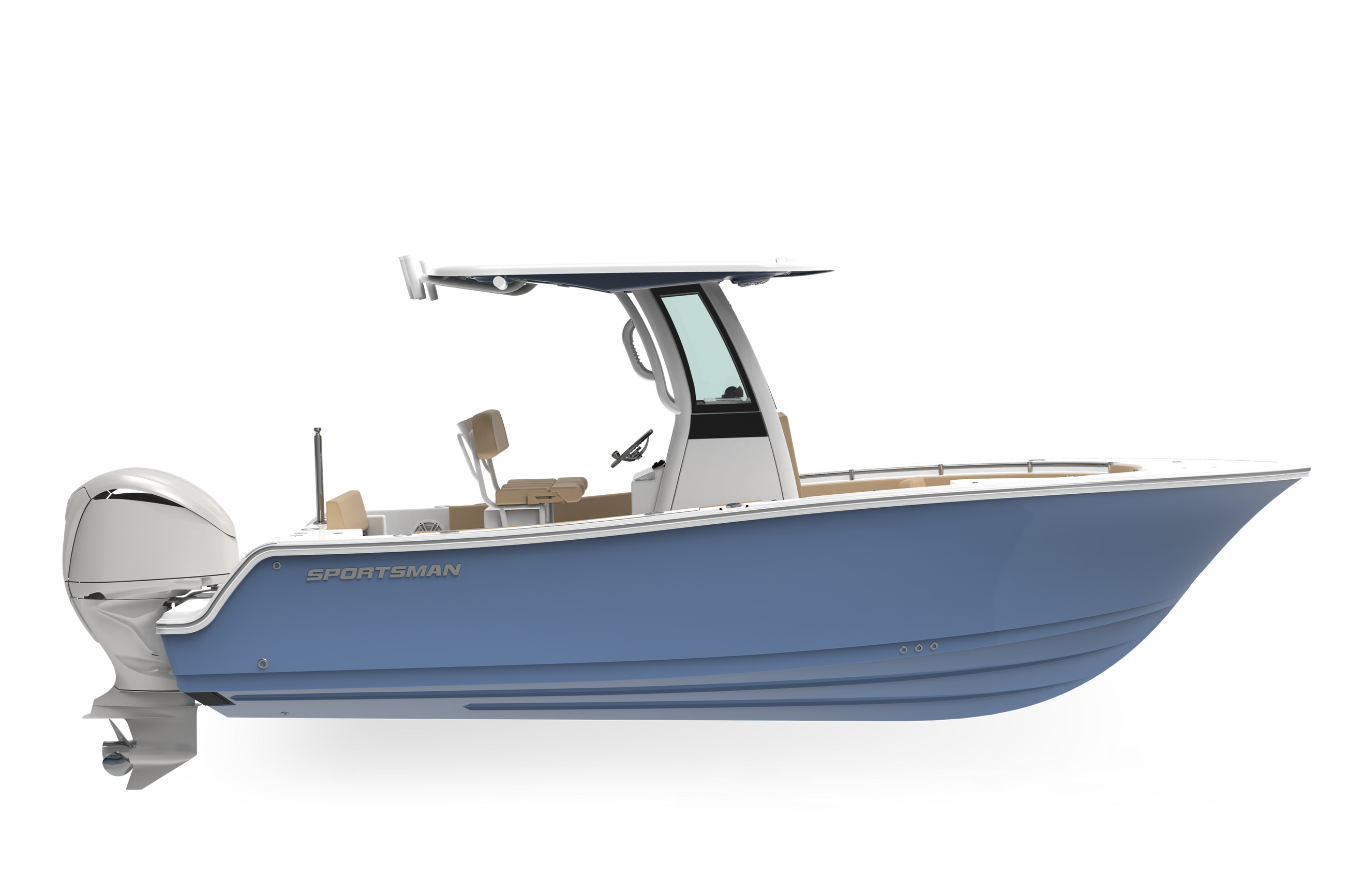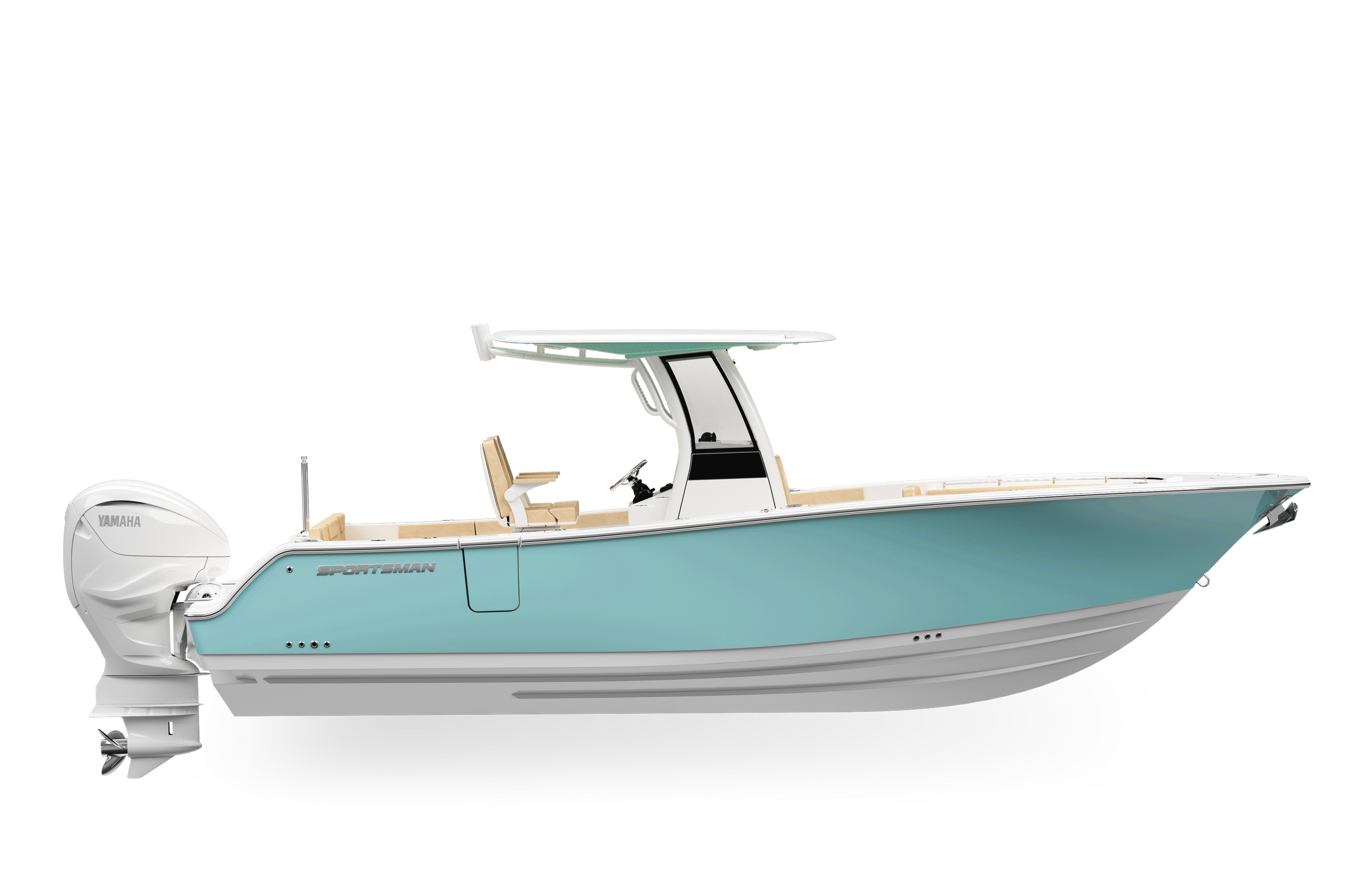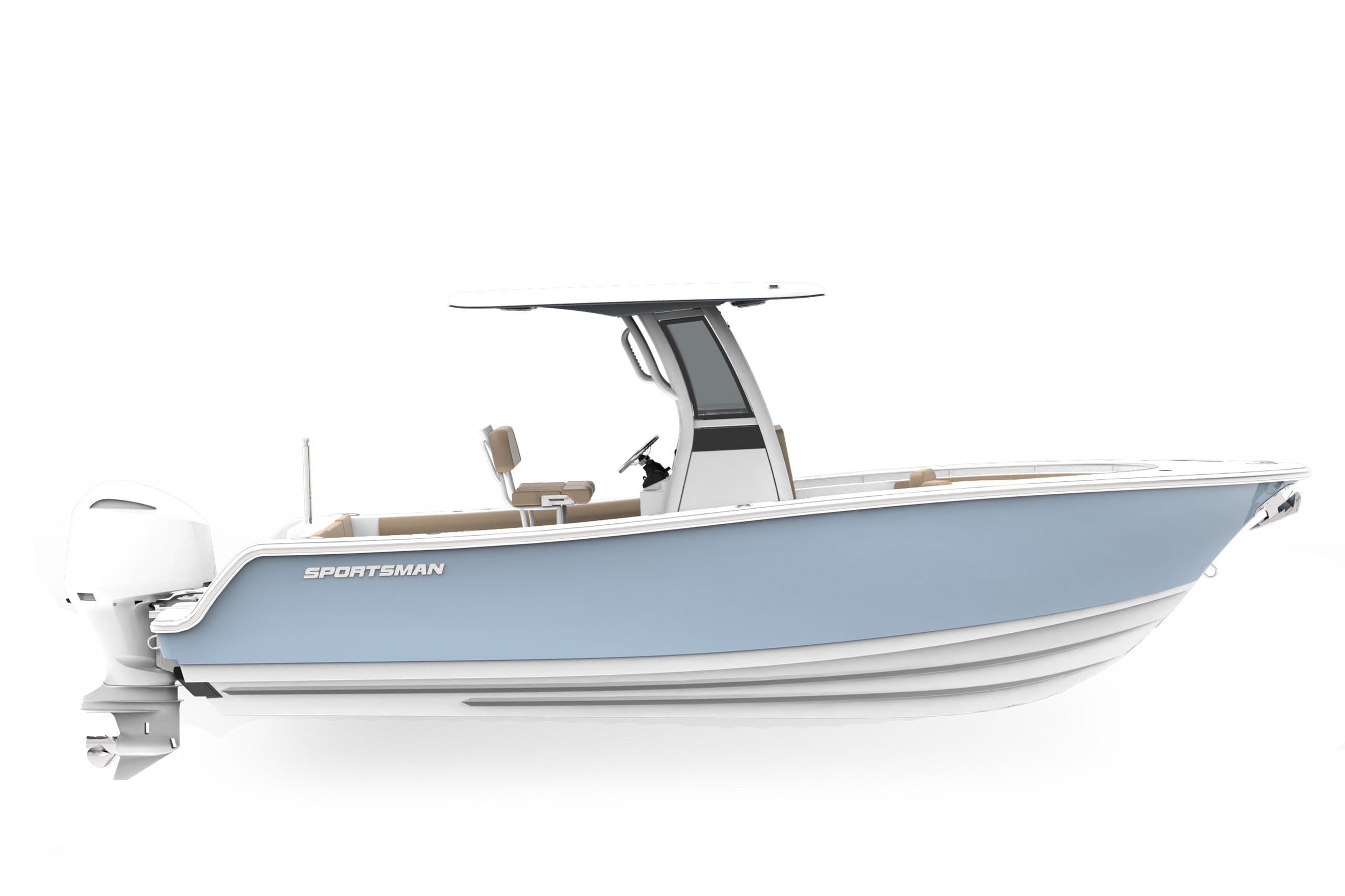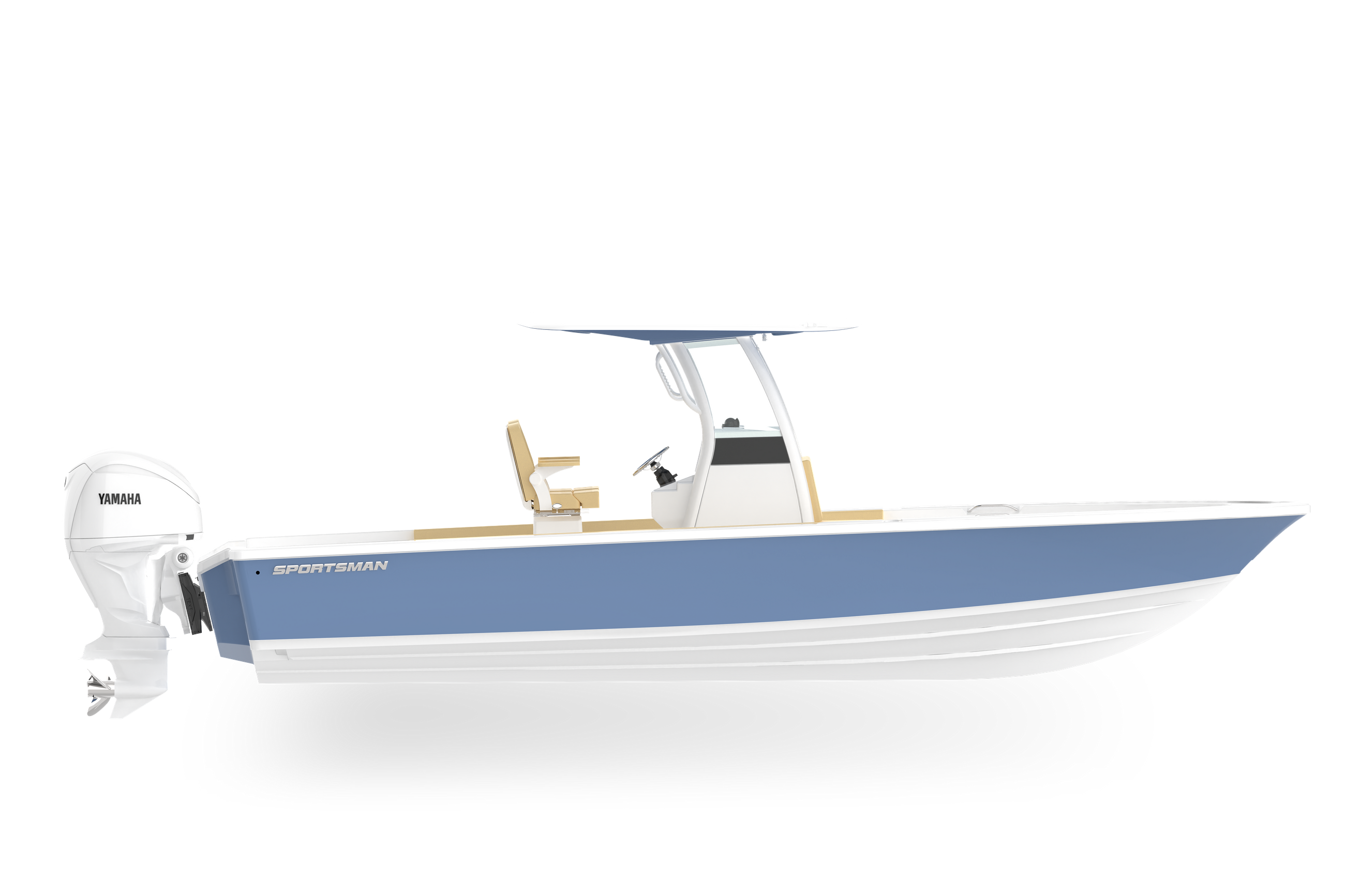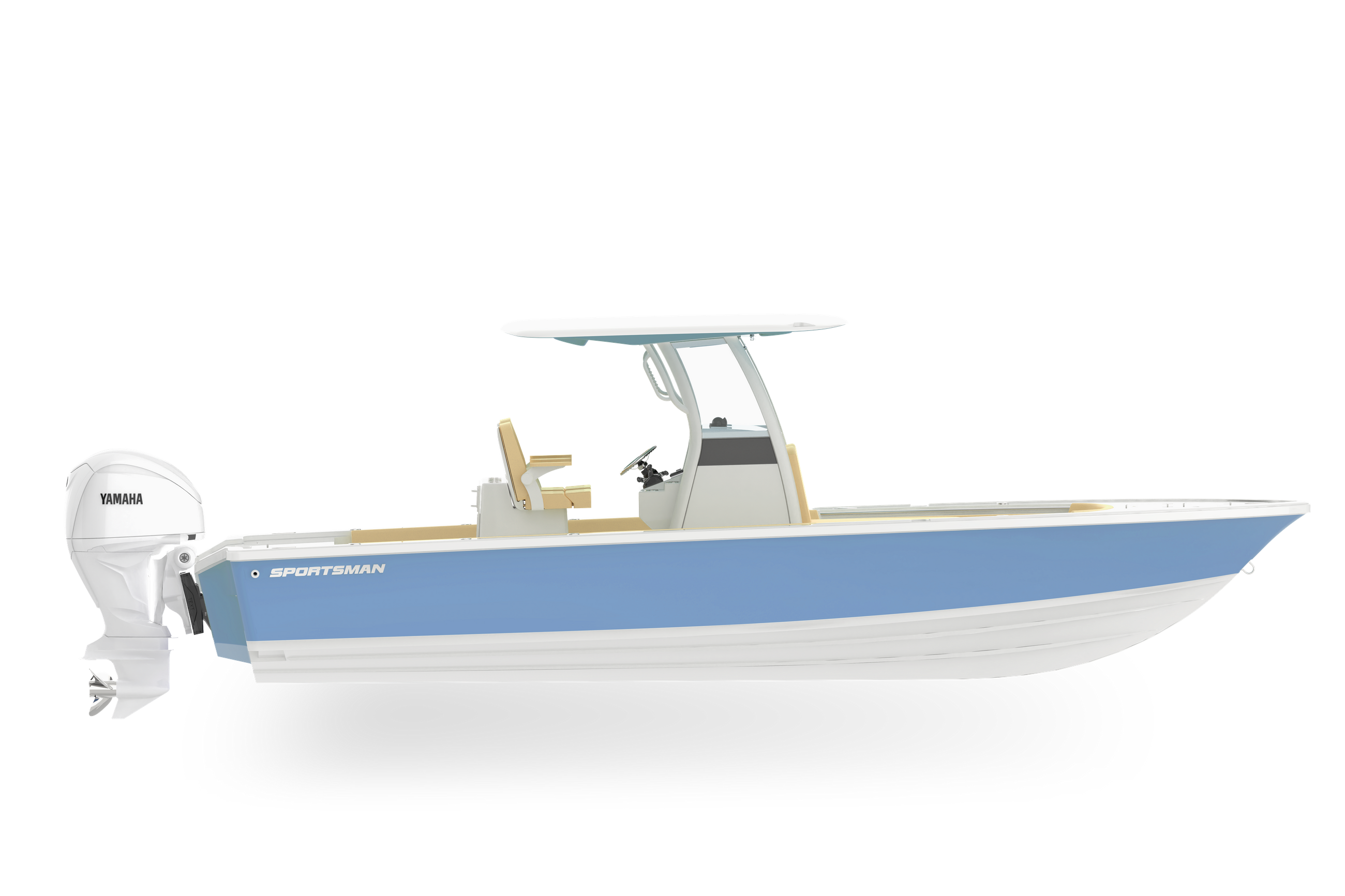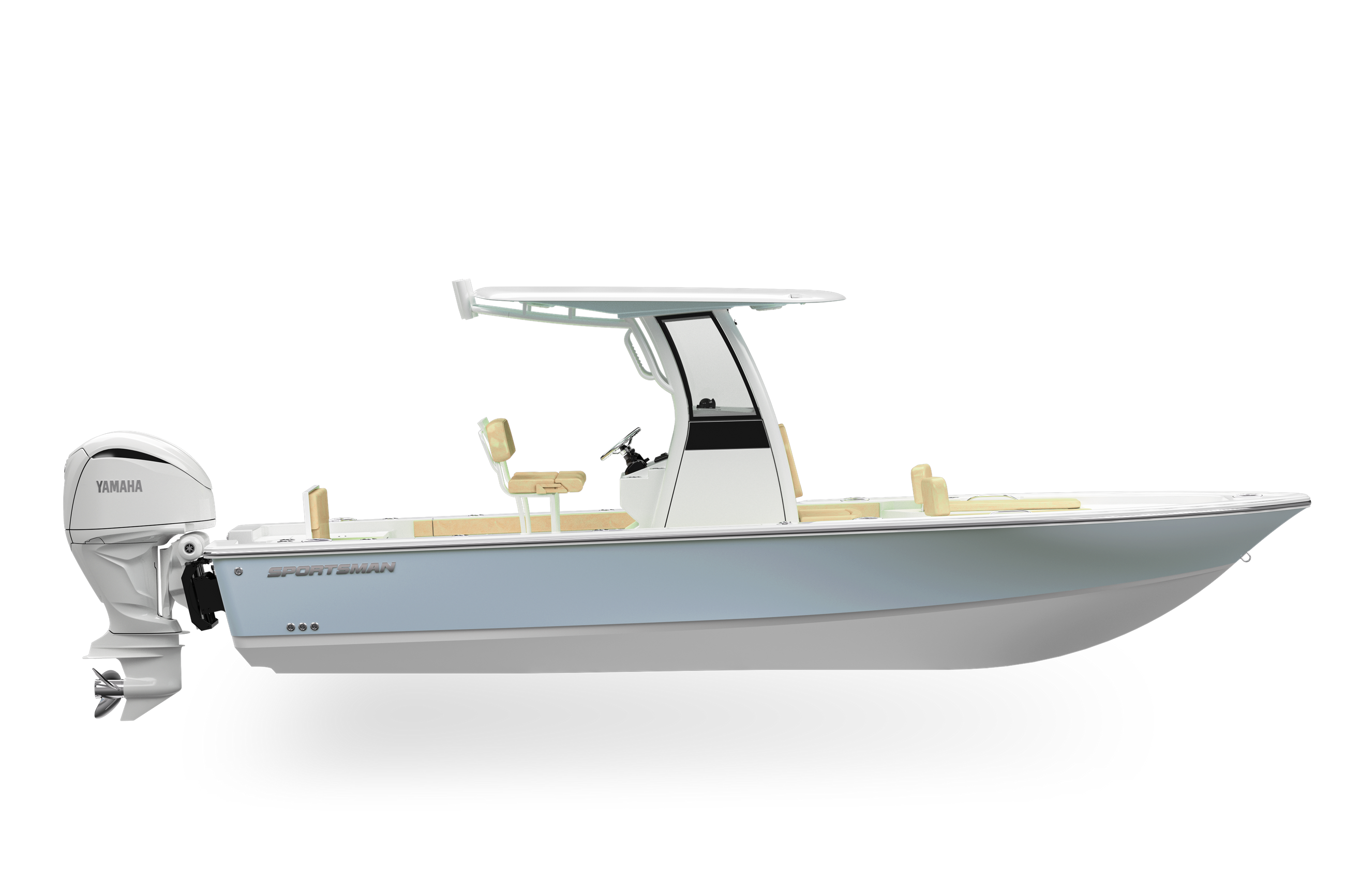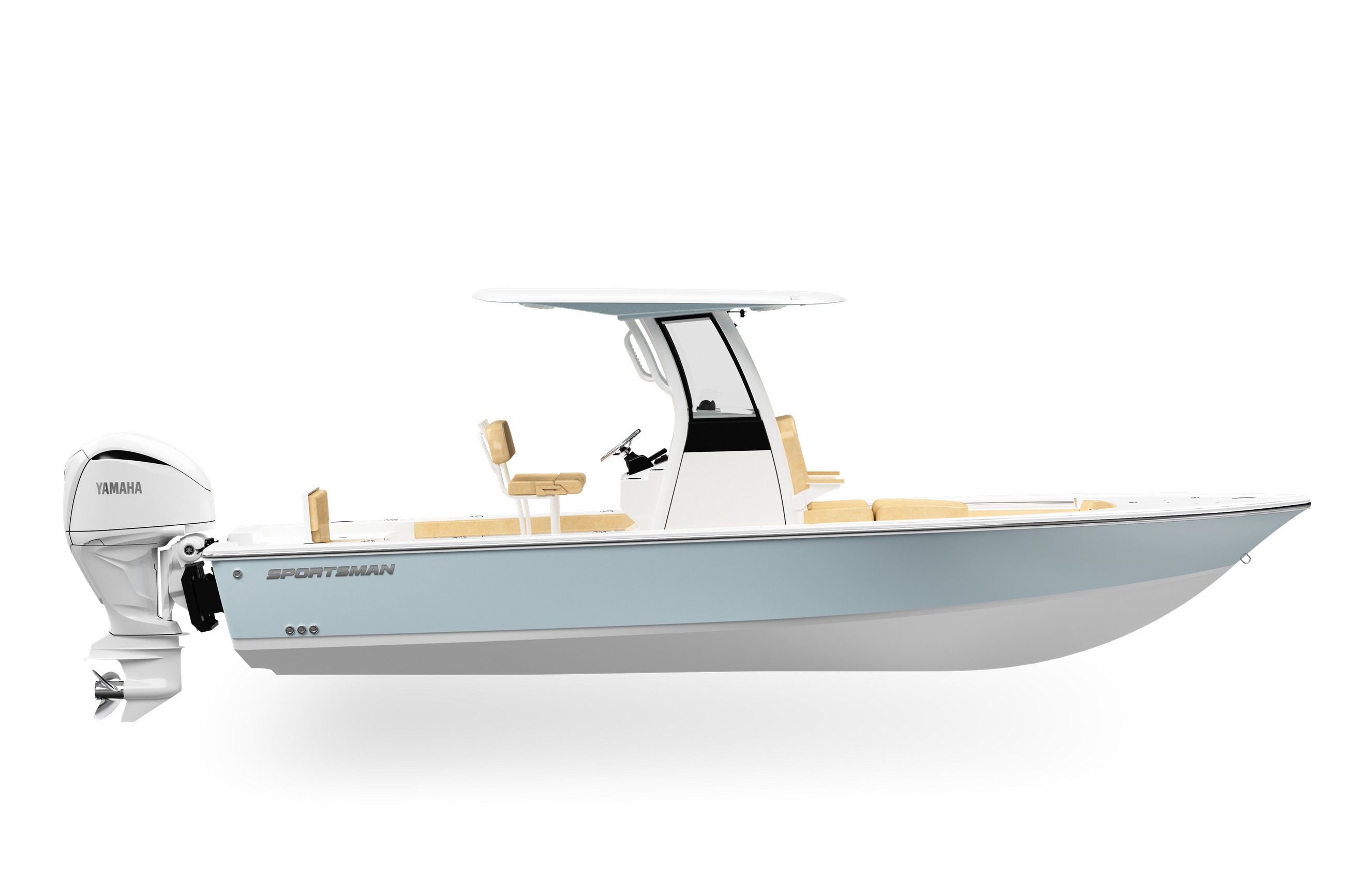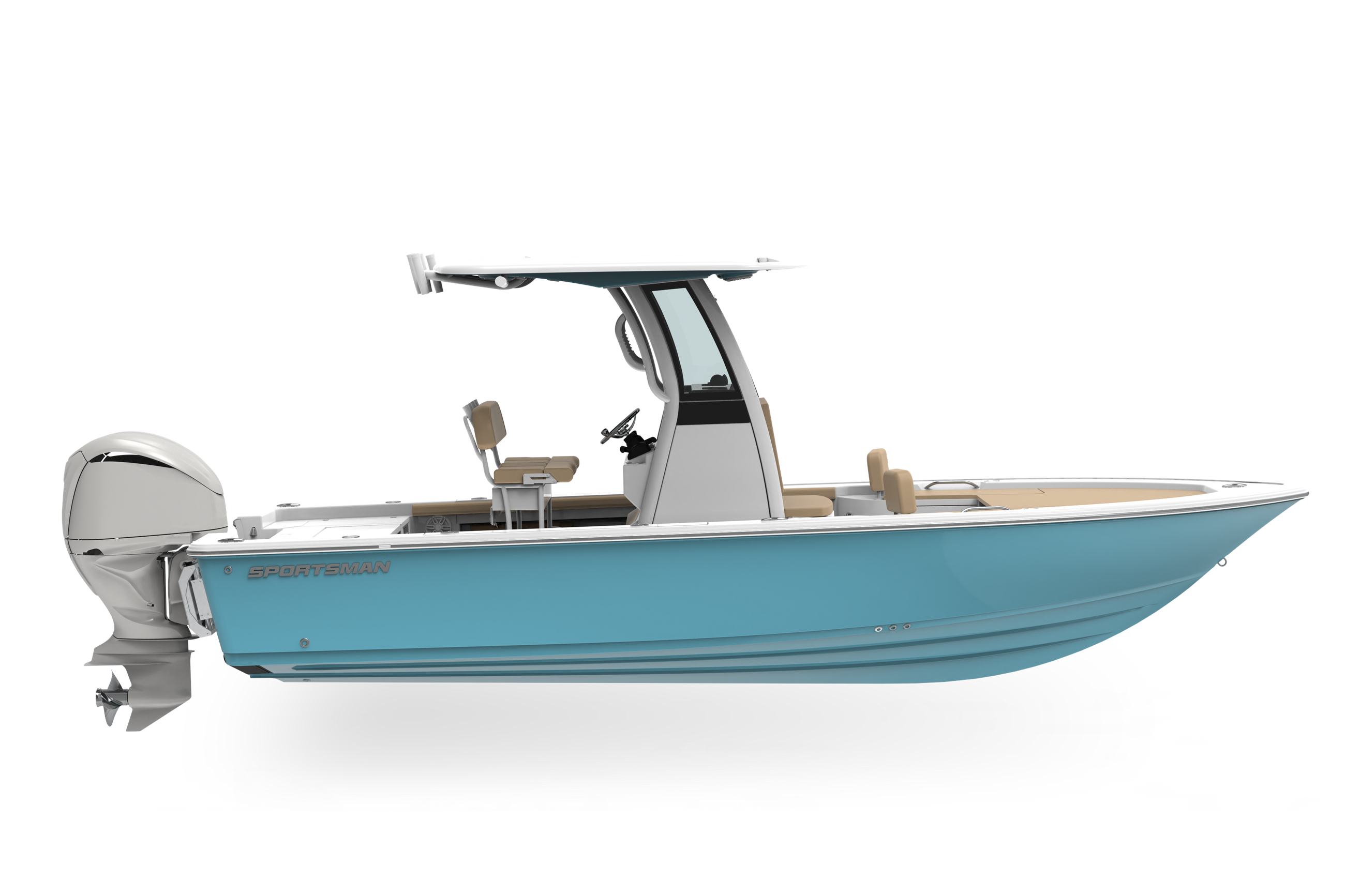NOAA Withdraws Flawed Speed Restriction Rule for Boats: A Victory for Coastal Communities
NOAA’s withdrawal of the proposed Vessel Speed Restriction rule, aimed at protecting North Atlantic right whales, marks a significant victory for the boating industry and coastal communities. This decision, influenced by feedback from stakeholders such as small businesses, conservation groups, and advocacy organizations, highlights the importance of balanced regulations that protect both marine life and economic interests.
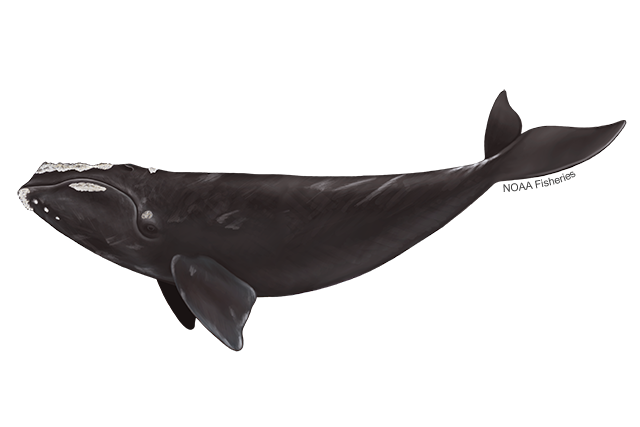

Coastal communities, economies and recreational boaters across the Atlantic coast have been awaiting and fighting the decision to implement a 10-knot speed restriction on all vessels 35 to 65 feet, aimed at protecting the North American right whale. In 2008 this same rule went into effect for vessels 65-feet and above, this rule while it's been in effect for 17 years still affects local communities who rely on larger vessels like sport fishing yachts for commercial and recreational fishing and even cruising yachts for luxury travel along the coast. While this isn't the largest segment of the market it still has economic impacts on local communities. In 2022 this same rule was proposed for boats as small as 35-feet in length and this is where things really began to make people worry. This new rule would greatly affect a very large portion of the marine industry and could even create a large loss in small businesses and skilled labor positions across the Atlantic coast.
Thanks to hard work from the marine industry, politicians and those whose communities rely on the boating industry a victorious decision was made earlier this week. The National Oceanic and Atmospheric Administration (NOAA) has withdrawn its proposed Vessel Speed Restriction rule aimed at boats measuring 35 to 65 feet in length. This proposal, designed to protect the endangered North Atlantic right whale, was met with widespread opposition from the boating industry, small businesses, and coastal communities. The withdrawal truly underscores the need for balanced, science-backed regulations that consider both marine conservation and economic impacts.
The proposed rule sought to impose a strict 10-knot speed limit in expanded seasonal zones along the Atlantic coast. However, from its inception, it faced criticism for being overly broad and lacking sufficient evidence to demonstrate its efficacy in reducing whale fatalities. The boating industry raised concerns about its potential to devastate small businesses, compromise boater safety, and impose unnecessary financial burdens on coastal economies.
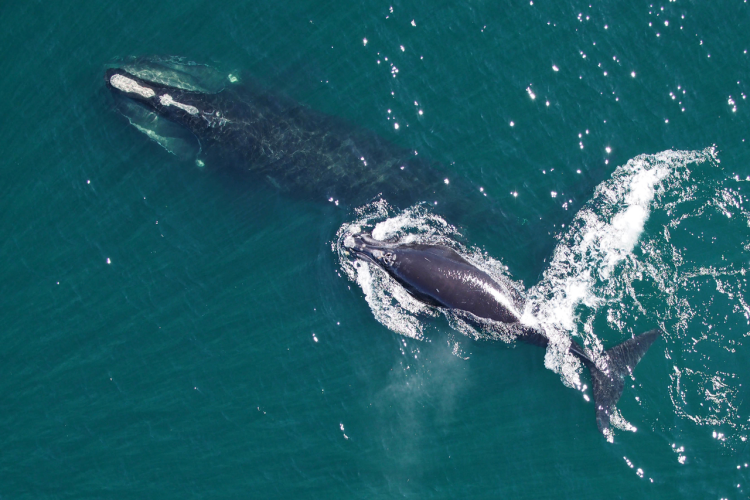
During a 2024 interview for the Post & Courier, Sportsman Boats Owner and CEO, Tommy Hancock had this to say about the issues:
The overarching question is why was the rule withdrawn. The decision to rescind the rule came after the extensive feedback from stakeholders within the marine industry, including over 90,000 public comments around the issue. The marine industry, conservation groups and small businesses all weighed in, highlighting the proposal's flaws and advocating for more practical solutions.
President of Sportsman Boats, Russ Tomlinson, applauded the decision, stating:
The withdrawal is a significant relief for the boating and marine industry along with the coastal economies that would be directly impacted by the rule change. The proposed restrictions posed severe safety risks, particularly in adverse weather conditions, where reduced speeds can hinder maneuverability and visibility. Furthermore, the rule’s enforcement challenges and reliance on outdated data added to its impracticality.
Tommy Hancock also stated in his interview with The Post and Courier about the dangers of this rule to recreational and commercial boaters alike.
South Carolina’s coastal communities, in particular, stood to face immense economic losses, with their $6.5 billion recreation sector and thousands of associated jobs at risk. By withdrawing the rule, NOAA has preserved the livelihoods of countless small business owners and recreational fishermen while opening the door to more effective, collaborative approaches to marine conservation.
The move forward marks a critical turning point in the balance and collaboration of marine conservation and economic sustainability. As Tomlinson emphasized, Sportsman Boats and its partners are committed to working with policymakers to develop innovative solutions that protect both marine wildlife and the livelihoods of coastal communities. Collaborative efforts will remain crucial in ensuring the long-term health of marine ecosystems and the continued prosperity of the boating industry.
For the boating community, this decision reaffirms that their voices matter and that advocacy can lead to meaningful change. Together, with organizations like the SCBFA leading the charge, the industry can look forward to a future where both conservation and commerce thrive along the Atlantic coast.
